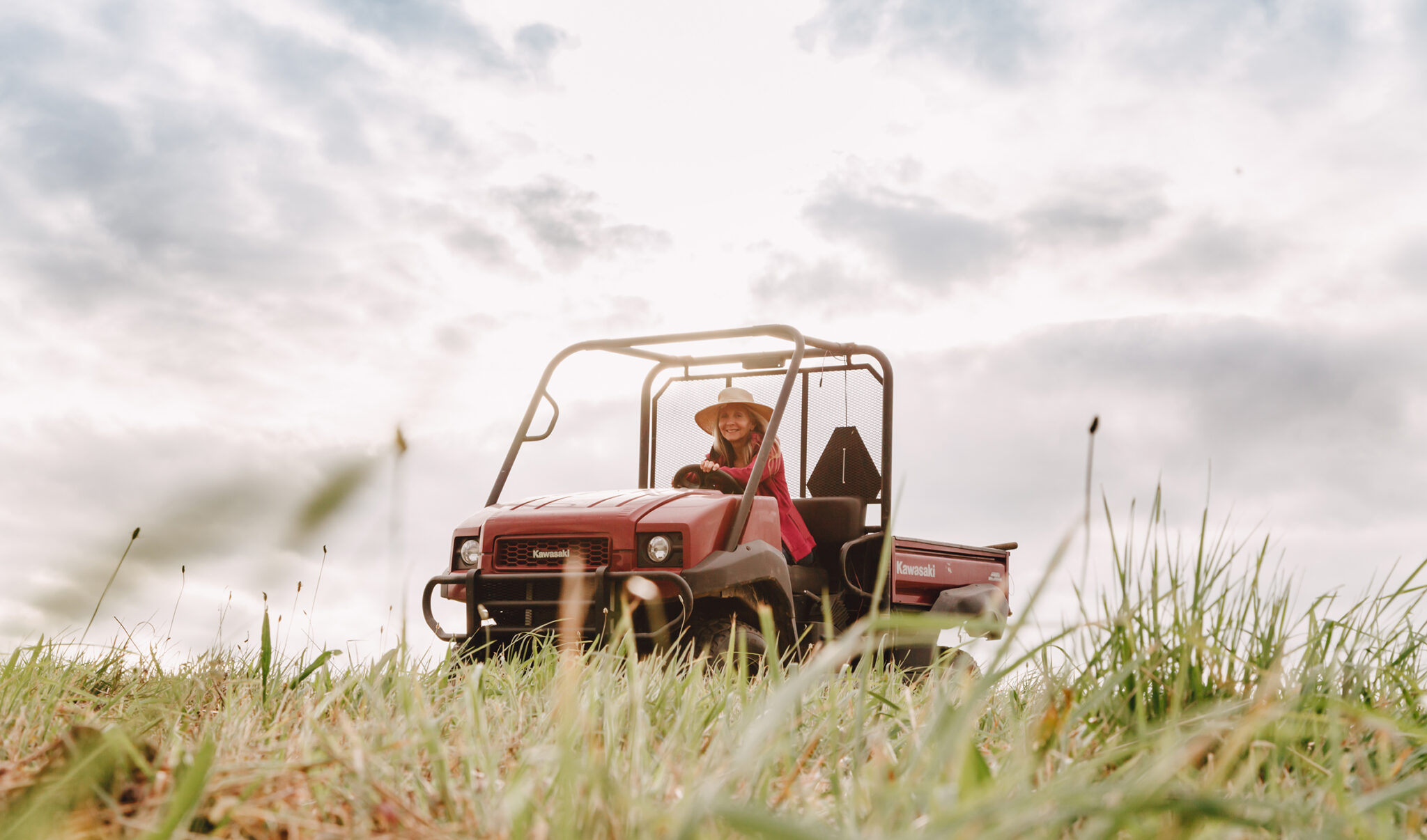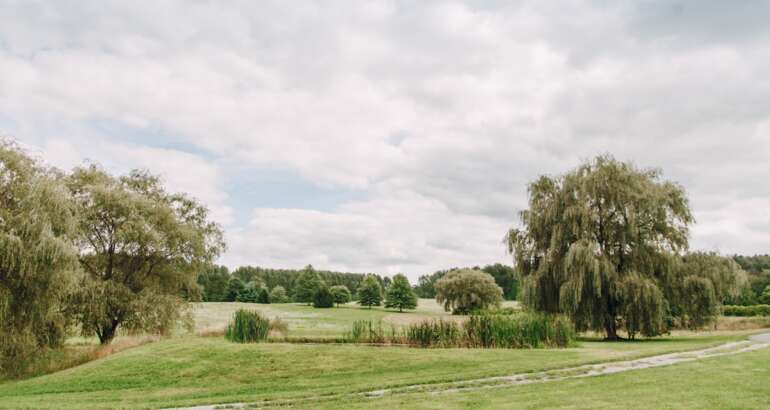Do you think that adventure is a basic human need?
I refer to the idea that cognitive decline can be positively impacted by such things as periodically driving a different route to work. Not much of an adventure, you say, but it speaks to the brain’s need for novelty and change. Routine, habituated activities let the brain default to autopilot. As an example, have you ever started the commute to work and arrived without remembering the drive? The upside is that routines require less energy output for the brain, but routines are often mundane, expected, unchallenged, and boring. And routines let our brains get flabby. Could it be that adventure is a critical and necessary ingredient for our health and happiness?
So, what is adventure?
Most websites give similar definitions to Google which defines adventure as follows:
Noun – an unusual and exciting, typically hazardous, experience or activity.
Synonyms – exploit, escapade, deed, feat, trial, experience, incident, occurrence, event, happening, episode, affair
Verb – engage in hazardous and exciting activity, especially the exploration of unknown territory. “they had adventured into the forest”
I disagree with the notion that adventures are “typically hazardous”. Some adventures are dangerous (like climbing the tallest peaks), however, I define adventure as a thought or activity that is energizing, non-routine, brain-stimulating, and fun. Maybe all the websites that define adventure as hazardous should instead suggest that the activity is often accompanied by a bit of fear, whether the adventure is hazardous or not, because it is a novel and unknown action for the person experiencing it. How about if we make a new category of fear called “fun fear” (a.k.a. exhilaration)? It could be that by conquering the “fun fear” to have the excitement of an adventure, is a means of teaching us to approach all fear in a healthy manageable way.
If you are considering stepping up your adventure(s) you might consider a set of metrics. Here is how I start my decision tree when I consider a potential adventure.
Is it a “Small Adventure?”
My definition of a “Small Adventure” – Generally, small adventures are energizing, but not necessarily exciting; episodic; unexpected; and the decision to participate is one which often requires an immediate decision, or the opportunity is lost. I consider these potential adventures to be ones that are appealing, easily attainable, low cost in terms of effort and monetary commitment, and generally the adventure is spontaneous. Often a small adventure is available only during a narrow window of opportunity. This small adventure might be something as simple as a friend calling at the last minute with an invitation to a class on fermenting vegetables or deciding on a “me date” like going to a movie by myself.
Is it a “Big Adventure?”
My definition of a “Big Adventure” – These are potential adventures that get me really excited. Big adventures are not easily attainable, the cost may involve a monetary commitment which is high enough that I pause to see if it fits my budget, and there is usually quite a bit of effort required to make the event happen. The upside is that it can be calendarized (often with a one year run up on the event), and I usually have some time to reflect on whether the opportunity is a fit for me compared to a “Small Adventure” which has a narrower window of opportunity. The downside is that I never know what will be happening in a year, so I always buy really reputable trip insurance.
Adventure Decision Tree
- Assign a number from 1-10 as to how appealing a potential adventure is. A “Small Adventure” is one which is a 1-5 on the ten-point scale. A “Big Adventure” is a 6-10 on the scale.
- Identify why the idea of the activity is appealing.
- What are the advantages? What are the disadvantages?
- What is the cost? Are the monetary costs congruent with the adventure and affordable?
- Is the adventure worth the effort I will have to expend to participate?
- What amount of prep work is needed, e.g. physically training for a big adventure hike?
- In the decision tree for “Big Adventures” does it appeal not only at this moment, with months before the big adventure, but also if you imagine waking up on the day of the adventure- are you energized with “fun fear” or are you appropriately terrified? and if you imagine the minute details of every day of the adventure-are you having fun, or have you overextended yourself physically?
I visualize myself prepping for the trip. An example is a recent opportunity I had to hike the more strenuous portion of the Kumano Kodo trail in Japan. I read the website in detail and did an extensive Google search on everything from the history of the trail to YouTube videos of folks who have completed the hike.
I asked myself some hard questions: Do I have the chops to hike up to ten hours a day traversing high elevations and irregular ground? (answer – maybe, mentally, physically, not so sure) Do I routinely do this type of hike in the U.S? (answer – nope) And… that last little paragraph of the website mentioned venomous snakes. What!?!
8. Do you want to go alone, with a friend or loved one, or as a part of a group?
Visualize getting up the morning of the trip with all the hard work and hassles of packing, toting, waiting in airports, possibly international ones, which are very crowded and in which you don’t know the language. Does the reality of the trip warrant the effort to attain it?
Here’s an idea for you: Seek non-routine activities in your life. A ready way to make that happen is to become intentional regarding a desire for adventures.
Small ones? Large ones? Adventure will likely make your life much more fun, create wonderful memories, improve your mood, and preserve your brain function as you age.
Don’t you think that “To make the non-routine a part of your routine” has an appealing oxymoron feel to it?




